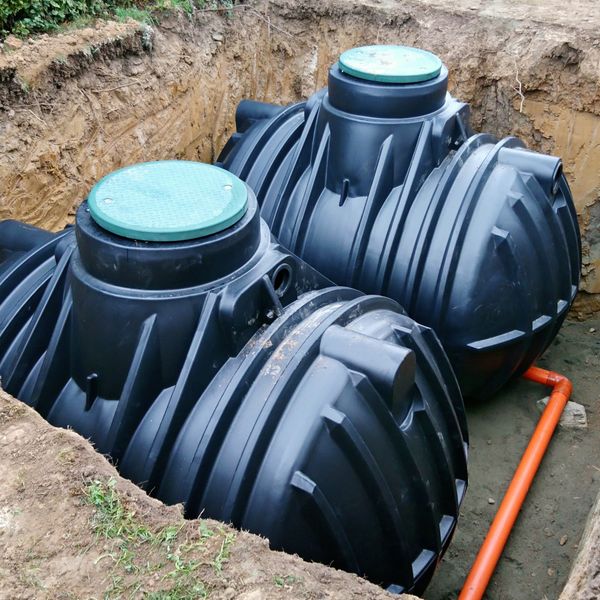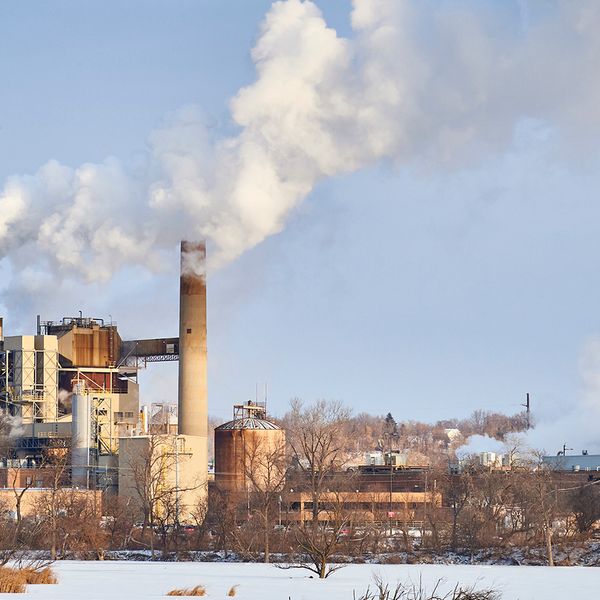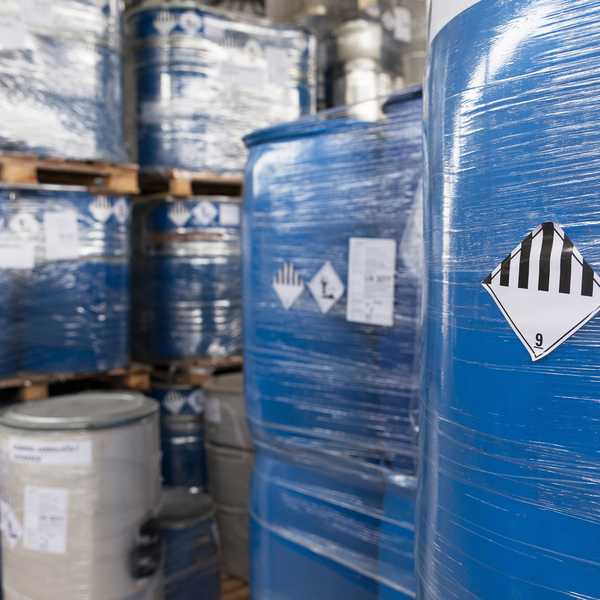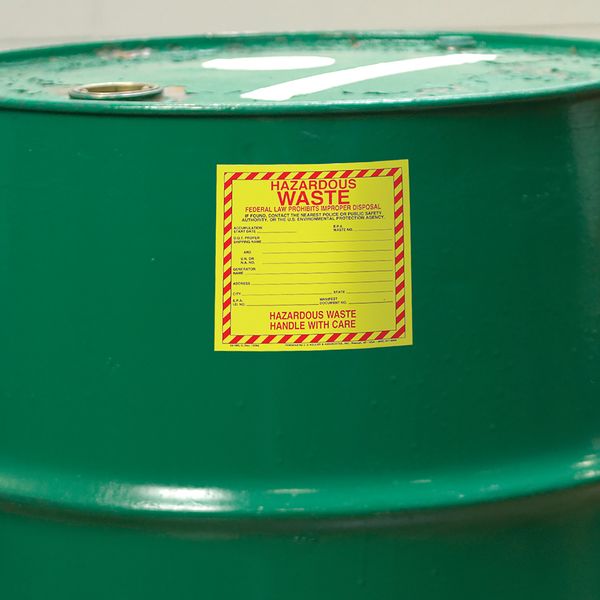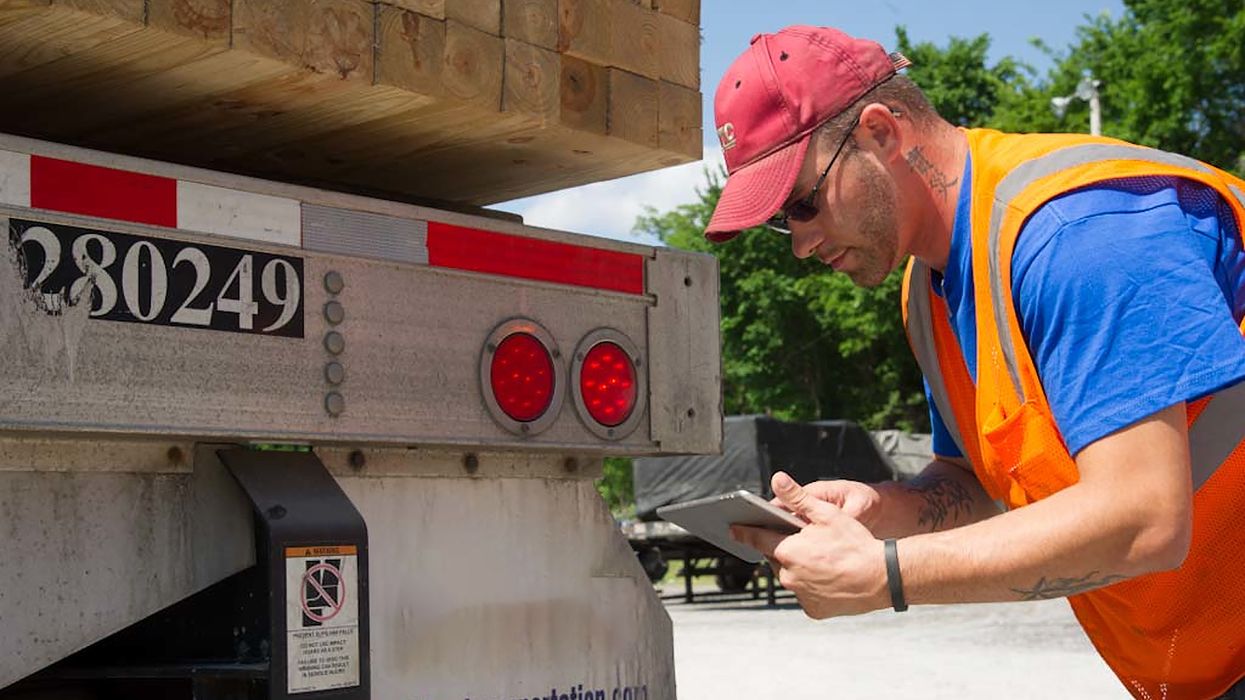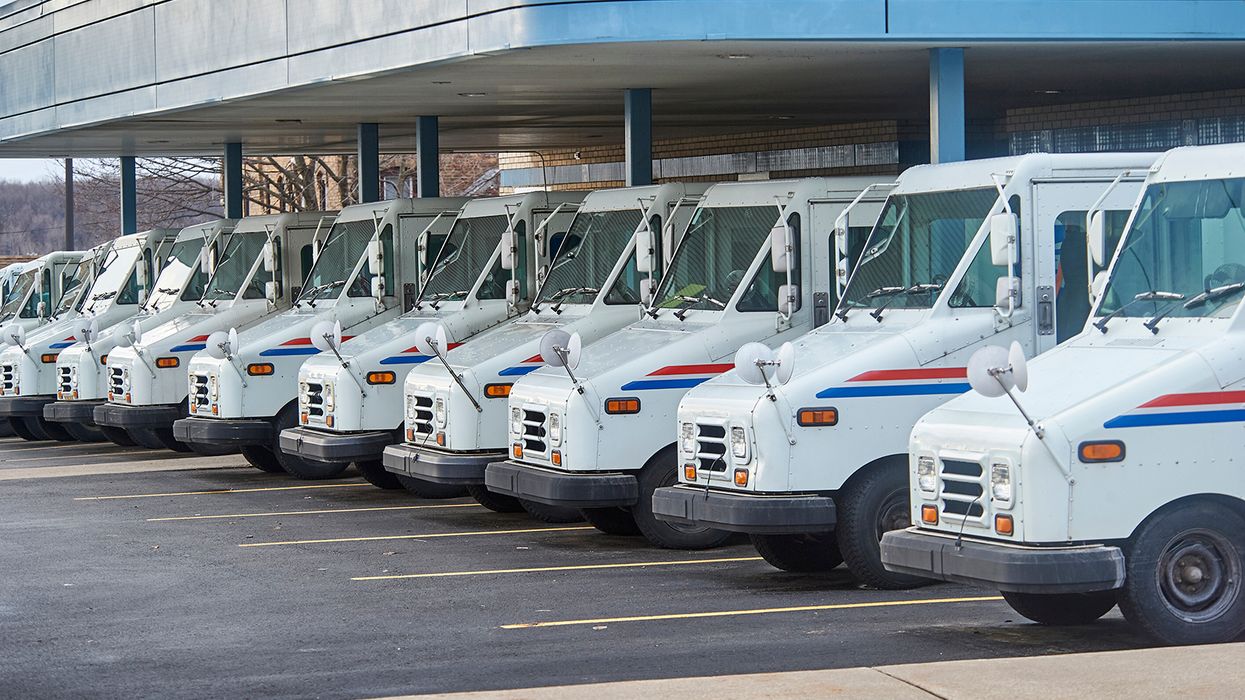Enforcement Focus
A look at where regulators are focusing their enforcement efforts
Enforcement action and monetary penalties are unfortunately common in environmental programs and prove costly to companies. Beyond the penalty assessed, companies often spend even more improving processes to prevent recurrence. This section shares some of the headlines and presents take-away lessons. What happened and how do you avoid the same situation?
Air
EPA Region 1 is seeking a large penalty against a Maine-based truck dealership for selling and installing aftermarket parts known as “defeat devices.” EPA identified more than 50 instances over a two-year period where the company illegally tampered with vehicle emission controls. Tampering with a vehicle’s emissions control system is illegal under the Clean Air Act (CAA) and results in excess emissions of a variety of pollutants including nitrogen oxides and particulate matter.
Enforcement action: $168,700 civil penalty
Lessons learned: EPA has started considering these cases as a key effort in pursuing environmental justice. Because of this, the agency appears to be increasing the severity of its enforcement actions in this area.
Hazardous waste
EPA Region 5 reached a settlement with an Illinois facility that regenerates spent solvent and blends hazardous waste into fuel. EPA alleged the company had violated the Resource Conservation and Recovery Act (RCRA) by treating hazardous waste in evaporators that were not authorized in the operation’s treatment permit. EPA also found the company in violation of several additional conditions of its RCRA permit and federally authorized Illinois RCRA regulations.
Enforcement action: $350,000 civil penalty
Lessons learned: Permit conditions are unique to each piece of equipment. Any changes to equipment must be evaluated for necessary permit modification prior to the implementation of the change.
Refrigerant management
A nationwide grocery chain and the California Air Resources Board (CARB) reached a settlement agreement of $5.1 million for violations of the Refrigerant Management Program. During routine inspections, CARB found the company had not met requirements of the program in stores throughout the state for a 2-year period. The violations included missed audits and equipment calibration, inaccurate system registrations, failure to repair refrigerant leaks in the required time, and missing records.
Enforcement action: $2.55 million civil penalty and $2.55 million in funding for two Supplemental Environmental Projects (SEPs)
Lessons learned: Many refrigerants have high global warming potential and are therefore being regulated more tightly than ever before.
Having a complete refrigerant management system, including processes to ensure records are complete and retained, protects both the interests of the business as well as the environment.
Water quality
EPA Region 7 reached an agreement with a county government and landowner in Nebraska to resolve alleged violations of the federal Clean Water Act (CWA). According to EPA, both parties worked together in early 2020 to excavate a drainage ditch on the landowner’s property to alleviate flooding. The newly constructed ditch discharged directly into the Snake River, carrying large amounts of sand and sediment, which rapidly began to affect the river. The work was completed without the required CWA permits.
Enforcement action: No monetary penalty, administrative compliance to cease illegal discharges into the Snake River
Lesson learned: The CWA prohibits discharge of any pollutants, including sand and sediment, into water bodies unless they first obtain the applicable permits.
What may seem to be a simple fix for one problem (i.e., flooding on the resident’s property) should be evaluated for additional possible implications, such as sediment discharge into a nearby river.




